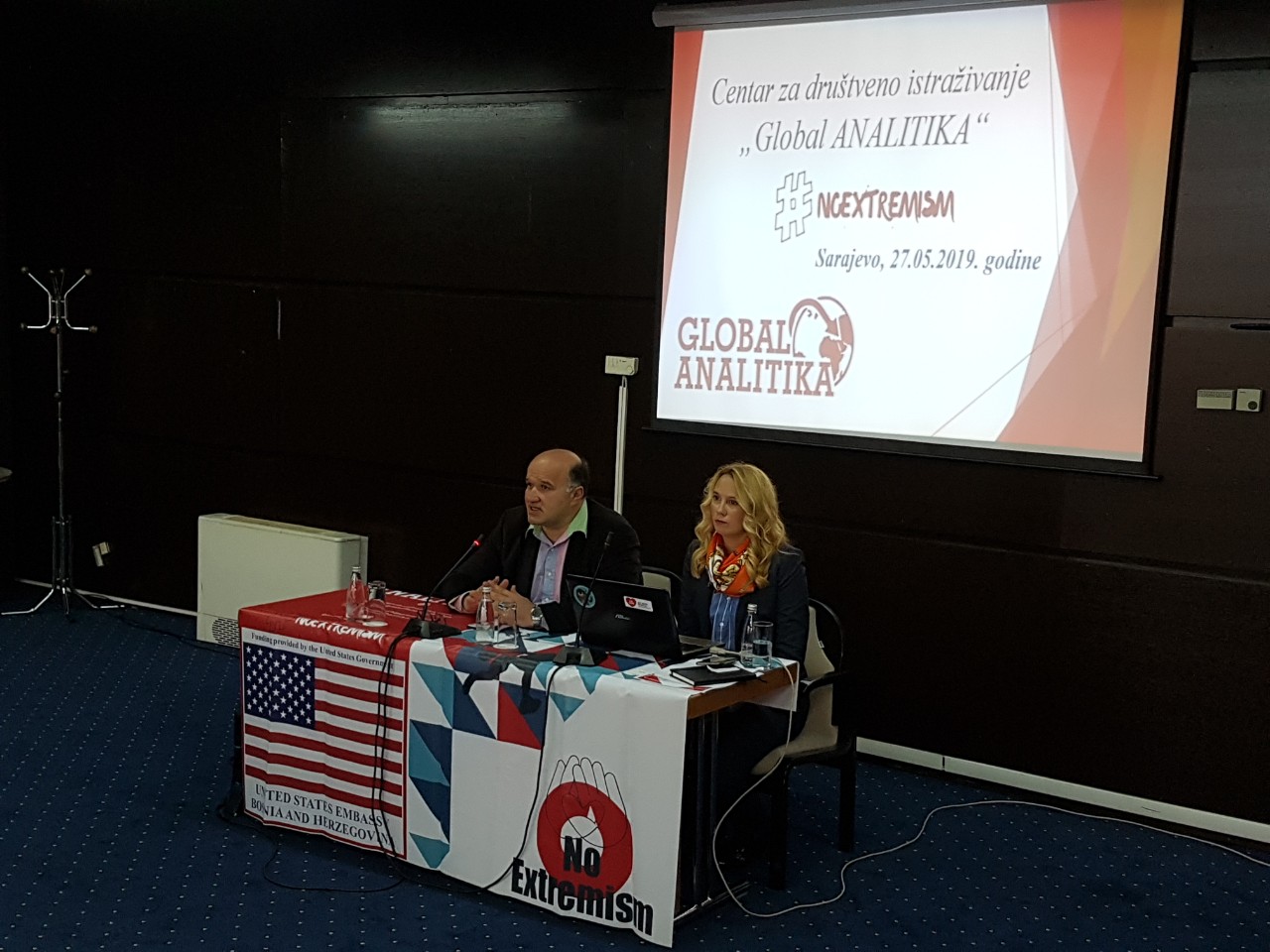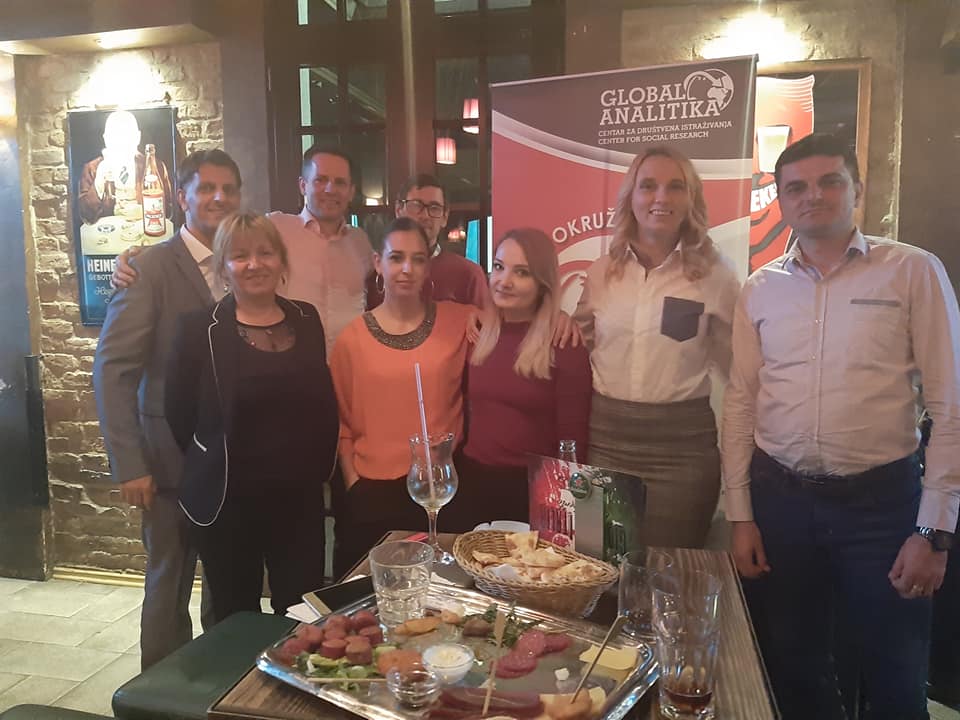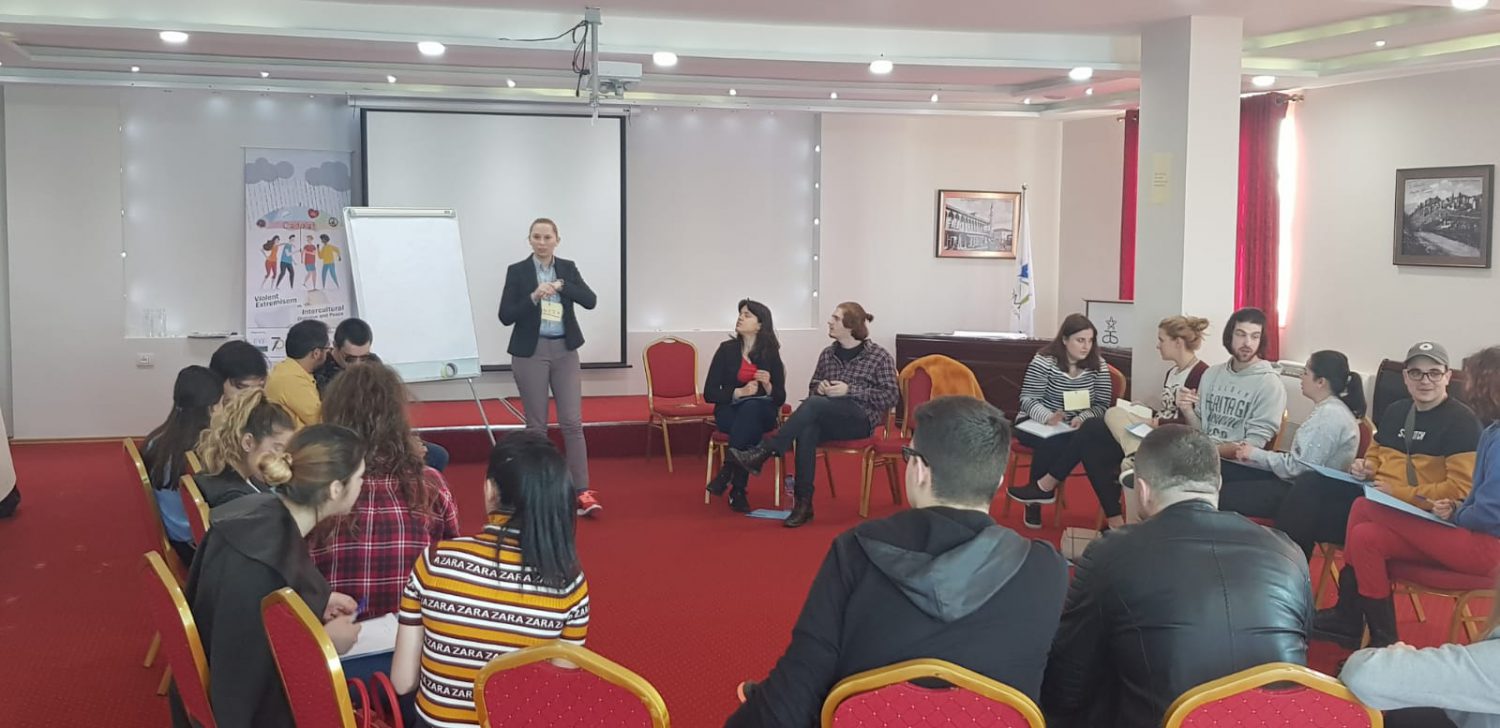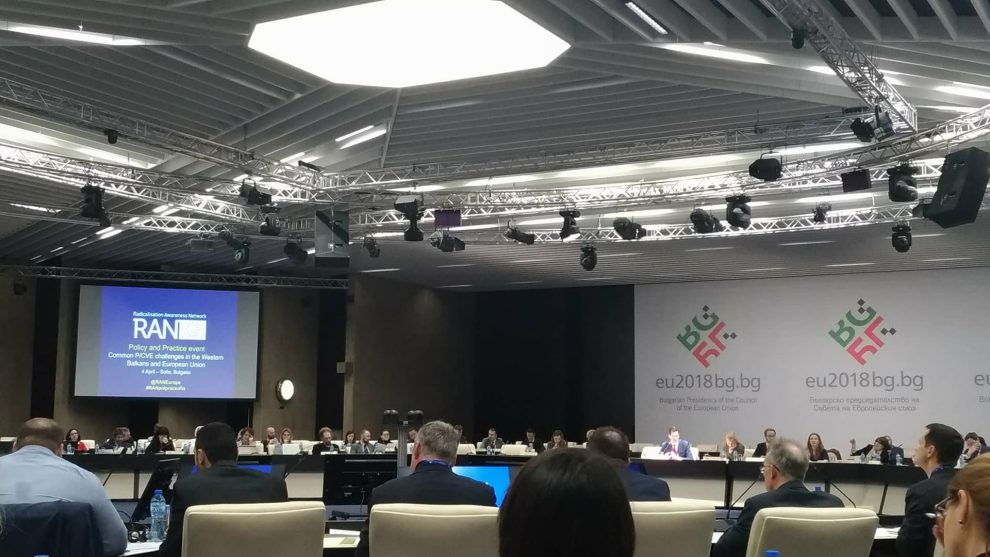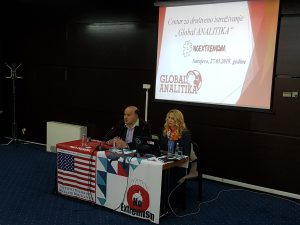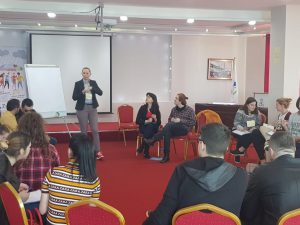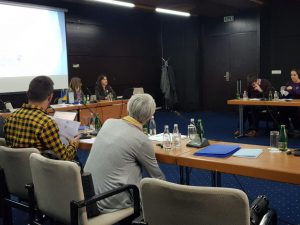In order for the European Commission to respond to the call of practitioners and national decision-makers to increase mutual exchange of knowledge and experience, the RAN Center for Excellence has commissioned six events of exchange of practices and policies in 2018. The main purpose of these events is to enable the knowledge and experience of practitioners to be incorporated into national policies, as well as to prioritize national policies to guide the day-to-day work of practitioners. At the first of these planned events Global Analitika was invited by the Radicalization Awareness Network (RAN) as the sole representative of the BiH non-governmental sector in the exchange of policy and practice held in Sofia on April 4, 2018 at the National House of Culture, under the auspices of the Bulgarian Presidency of the Council of the EU.
The International Conference titled “Common PCVE challenges in Western Balkans and European Union” brought together over 150 practitioners, NGOs and state agencies, representing over 30 European Union countries, the Western Balkans, and countries like Lebanon , Syria, Iraq, etc.
This structure of the participants was chosen because many of the challenges encountered by the participating countries of this event have many similarities. The event was divided into two modules, where the first part of the event focused on an effective and viable partnership between all involved actors (authorities, agencies, NGOs, and communities) and the second part stressed the vulnerability of pre-teens (children under 13) to extreme environments.
A lot has been done over recent years at the regional level in policy development (many countries have updated anti-terrorism strategies, introduced new strategies for prevention and countering violent extremism, as well as other support strategies, action plans, and guidelines), as well as creating a platform to fight radicalization. Preventing radicalization and opposing violent extremism cannot only involve the activities of police and intelligence agencies, nor can they be achieved by individual action. However, it requires a holistic approach, creating multi-agency cooperation and effective and sustainable partnerships between multiple actors at the national and local level. It is important to emphasize that cooperation with international organizations and other countries is also indispensable and of great importance.
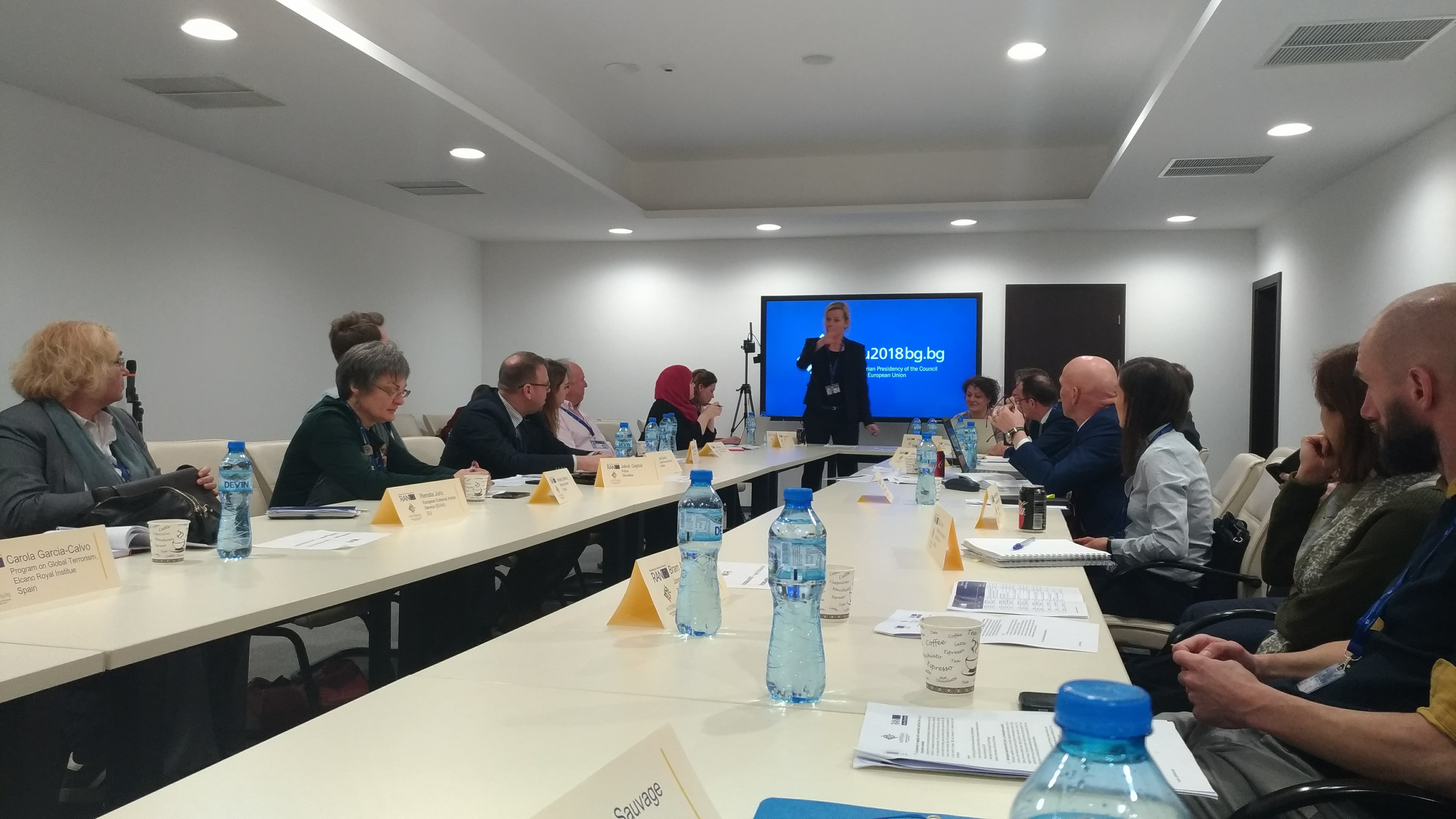
Through the modules at this conference, experts have considered three challenging policy areas and practical implementation:
- the role of religion,
- local approaches and
- cooperation with multi-agencies in preventing radicalization and violent extremism.
A wide range of local approaches to preventing and countering radicalization, which leads to violent extremism, is widely used across Europe, where each of them affects different local circumstances, governance structures and policies, resources, risk assessments and traditions.
The general objectives of the local prevention strategy/action plan create a common vision of preventing extremism and radicalization, providing the clear mandate and assigning responsibilities for specific interventions to actors within local and regional organizations and agencies. This vision should be a framework of local multi-agency approach that needs to be adapted to local circumstances, such as engagement with communities, schools, religious communities, social work centers, and families.
Most local strategies or action plans use some forms of the prevention triangle, which categorizes prevention into different intervention levels:
- general (to target general society),
- specific (at-risk groups and individuals) and
- individual (radicalized individuals).
A local or regional action plan/strategy should encompass seven elements: (1) local/regional analysis, (2) P/CVE strategy and goals, (3) political support, (4) definitions, (5) setting up the local network, (6) conditions for multi-agency cooperation, (7) interventions.
Global Analitika is committed to the same goals as the EU proposes for prevention and countering all forms of extremism in BiH. We hope that the relevant institutions will also recognize it in accordance with the recommendations of the EU as well as the goals of the BiH Strategy for Prevention and Combating Terrorism 2015-2020, to include the NGO sector, independent experts and practitioners in the action plan and other activities in order to reduce the level of radicalization and suppress the space for the activities of extreme individuals and organizations in BiH.




